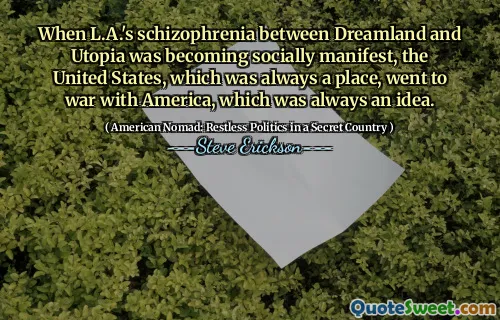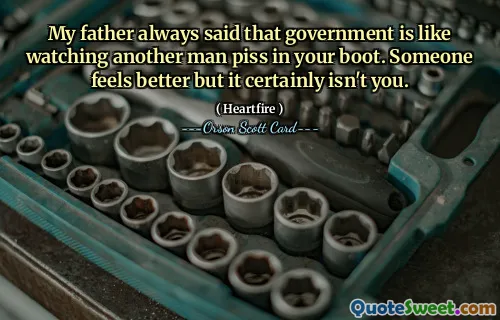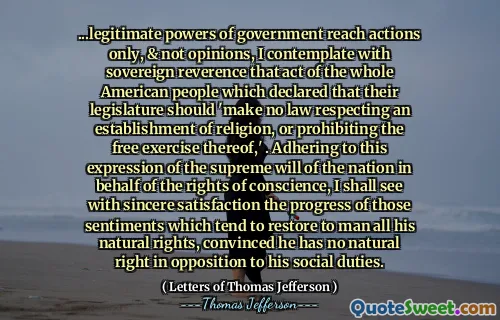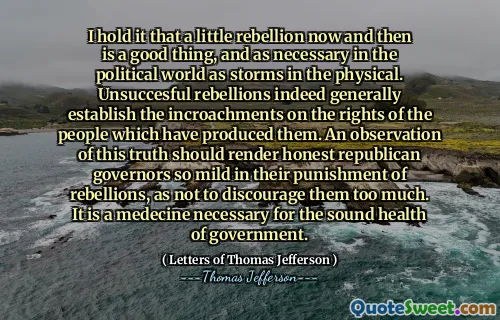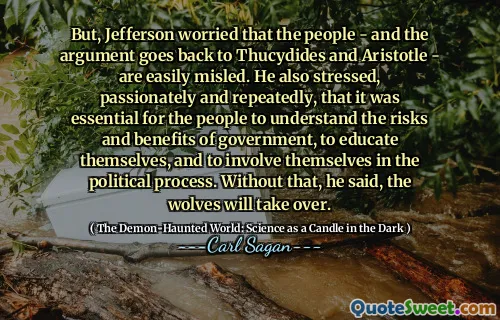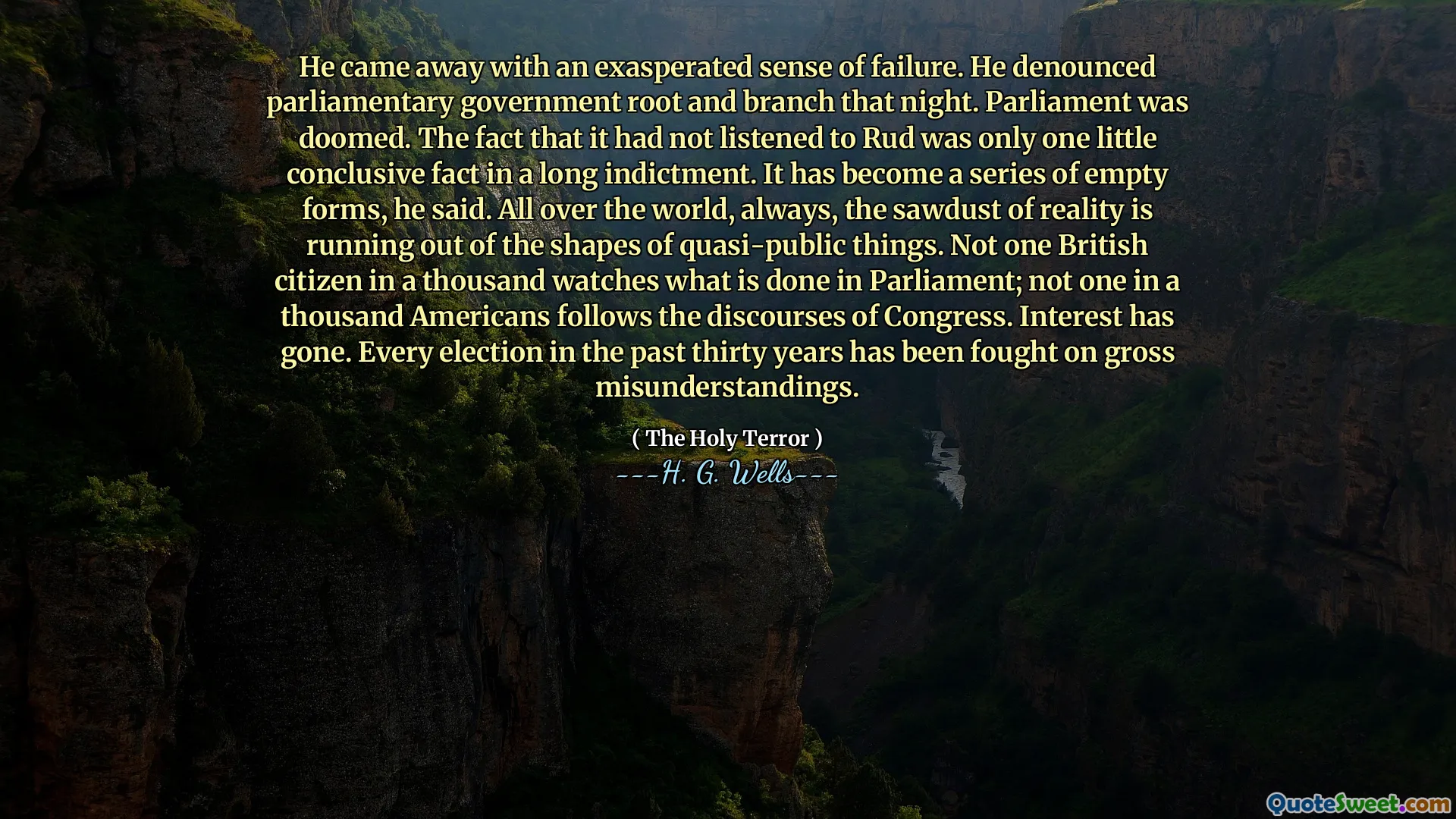
He came away with an exasperated sense of failure. He denounced parliamentary government root and branch that night. Parliament was doomed. The fact that it had not listened to Rud was only one little conclusive fact in a long indictment. It has become a series of empty forms, he said. All over the world, always, the sawdust of reality is running out of the shapes of quasi-public things. Not one British citizen in a thousand watches what is done in Parliament; not one in a thousand Americans follows the discourses of Congress. Interest has gone. Every election in the past thirty years has been fought on gross misunderstandings.
The speaker expressed deep frustration with the state of parliamentary government, feeling that it was failing utterly. He criticized its inability to listen to important voices, like that of Rud, calling this a symptom of its larger decline. To him, Parliament had devolved into a meaningless bureaucracy, disconnected from the reality of citizens' lives. He observed that genuine civic engagement had drastically waned, with very few people paying attention to what their leaders were doing.
The speaker lamented that public interest in politics had diminished significantly, leading to elections based on misunderstandings rather than informed choices. He pointed out a troubling trend where citizens are increasingly detached from the parliamentary process, suggesting that the mechanisms of governance were losing their relevance and effectiveness. The disdain he felt was palpable, reflecting a broader disillusionment with democratic institutions.







